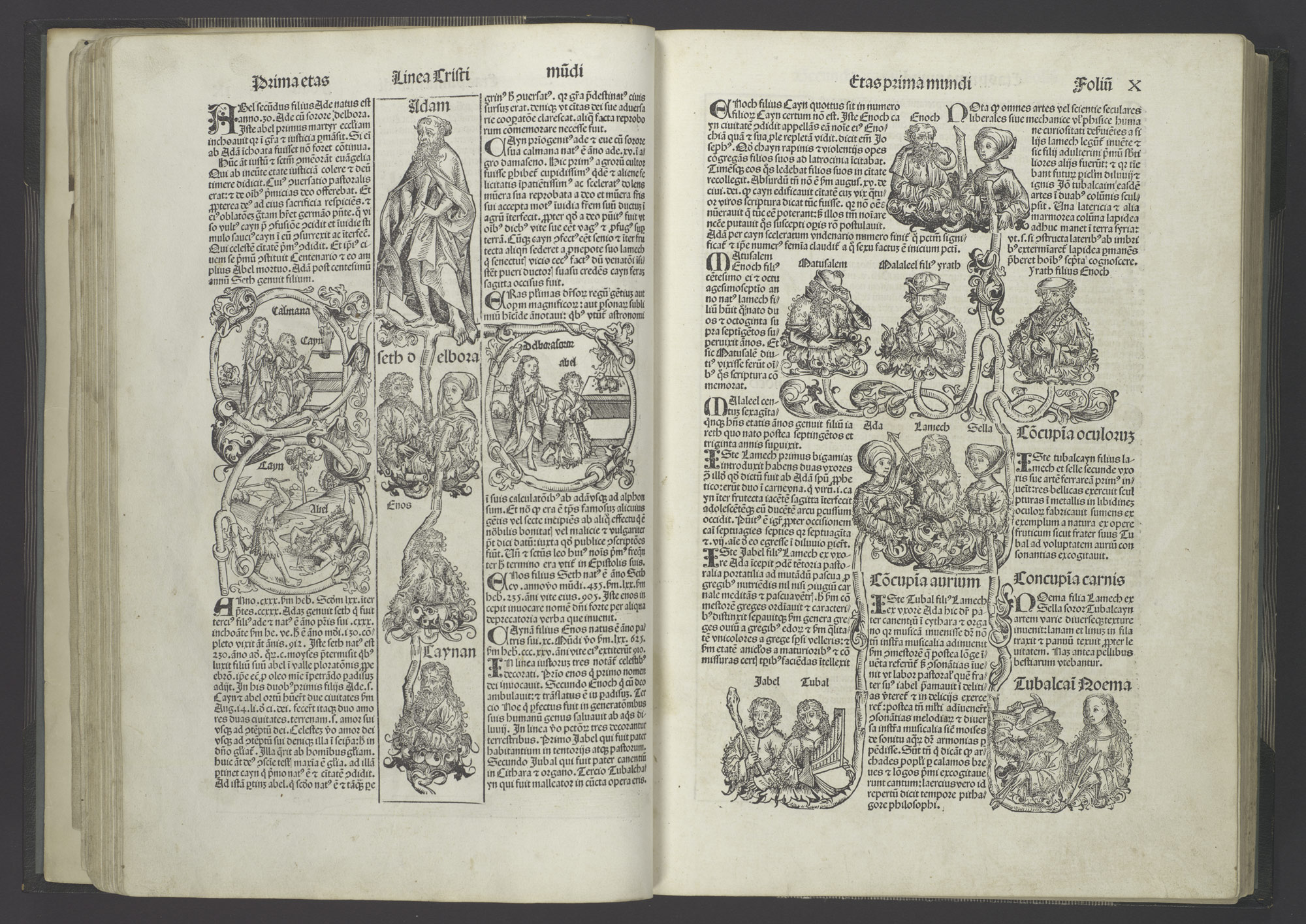Did tales begin by the fire, connecting with poetry, rhythm and song? Did people act them out, impersonate the characters with their voices and their beings? Did the listeners quietly listen, or did they heckle, sing along, divert the tale? Did it matter what the story was, and who was telling it?
With painting, and writing, stories could be told without a storyteller; they could be digested on their own. Stories no longer had to be a communal event.
When print came along, stories could travel far and wide. They grew lives of their own, and as literacy grew, more people could interpret the squiggles on the page and recount the tales to themselves and others. And people in different places encountered the same tales and found common ground.
With photography came film, and television, and .... Youtube.....
I'm getting fanciful now.
But since there are so many ways of telling stories, I've been taking advantage of this research grant to meet people who choose different media to tell their stories. Why should one medium work better than another? Are some stories better suited to one medium rather than another? What are the limitations and advantages of different storytelling modes: Live theatre vs film? Book vs film vs oral storytelling? And where do new, digital modes of storytelling fit in, and are there limits to what they can achieve?
But maybe all that comes later - why tell a story in the first place? What do story recipients gain from a story? Different environments produce different responsiveness, effects, results. How does that feed into the decision to tell a story one way or another?
Has the advent of the internet and social media changed the way stories are received? Is the traditional model of a linear narrative less relevant in an age when people have been accustomed to continual commentary through Twitter and other social networking sites? Are there ways of telling stories which allow the story recipient more control, more interaction? How many people want that sort of experience, or will it always be nice and relaxing to sit down with a good book/film and receive a good story?
All stories are not designed for all audiences - who would be interested in Isabella, and how do these changes affect the way her story deserves to be told?


No comments:
Post a Comment